13 GPTs for Driving Theory Powered by AI for Free of 2026
AI GPTs for Driving Theory are advanced artificial intelligence tools designed to provide educational and technical support in the domain of driving theory. Utilizing Generative Pre-trained Transformers (GPTs), these tools offer tailored solutions for learners, educators, and professionals seeking to understand or teach driving theory concepts. They are adept at handling a wide range of topics related to driving rules, safety protocols, and situational judgement, making learning interactive and accessible.
Top 10 GPTs for Driving Theory are: Chófer Pork 🐷🚘,Fahrschule GPT,Fahrschule AI mit interaktiver Testsimulation,Guía de Conducción España,California DMV Test Buddy,UK Theory Test Tutor,Raúl - Preparador de test de autoescuela,Driving Tutor,Instructor Vial,My Drive License
Chófer Pork 🐷🚘
Master Driving Theory with AI
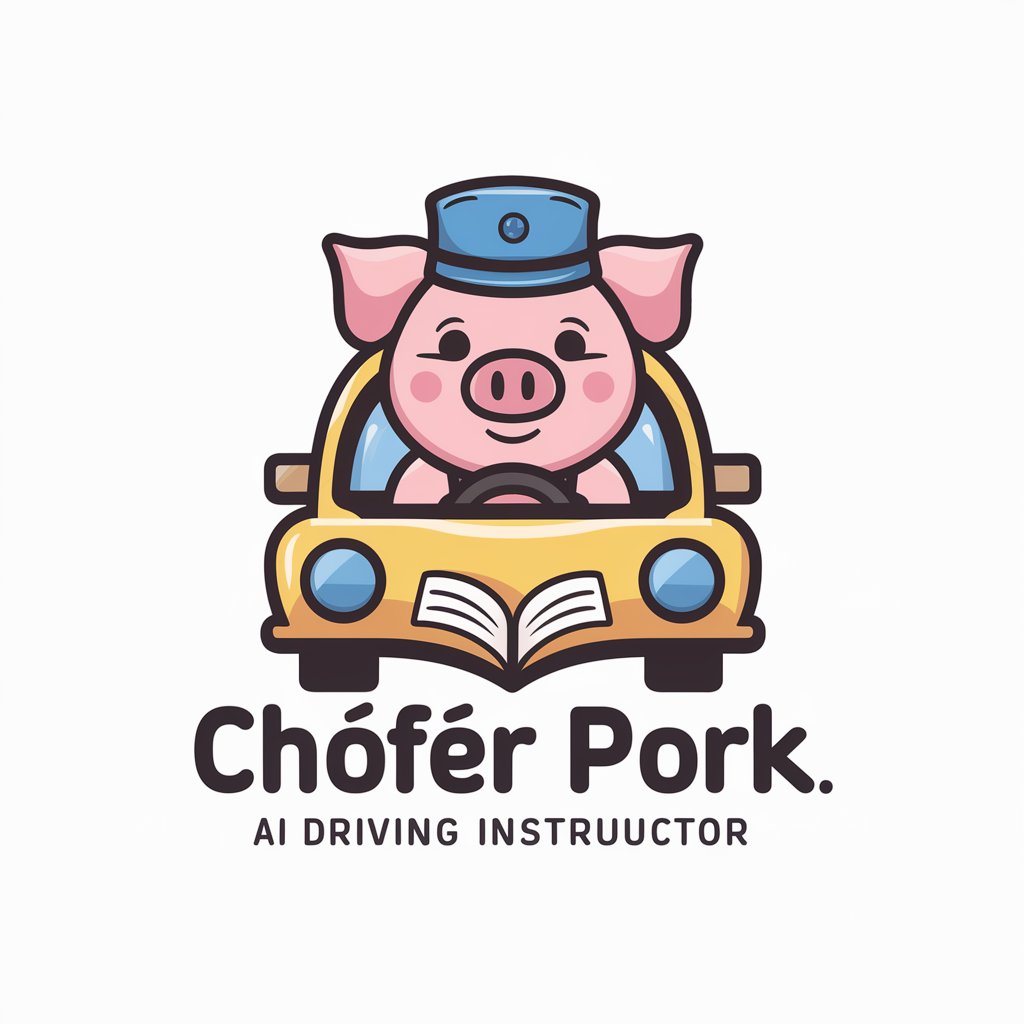
Fahrschule GPT
Master Driving Theory with AI
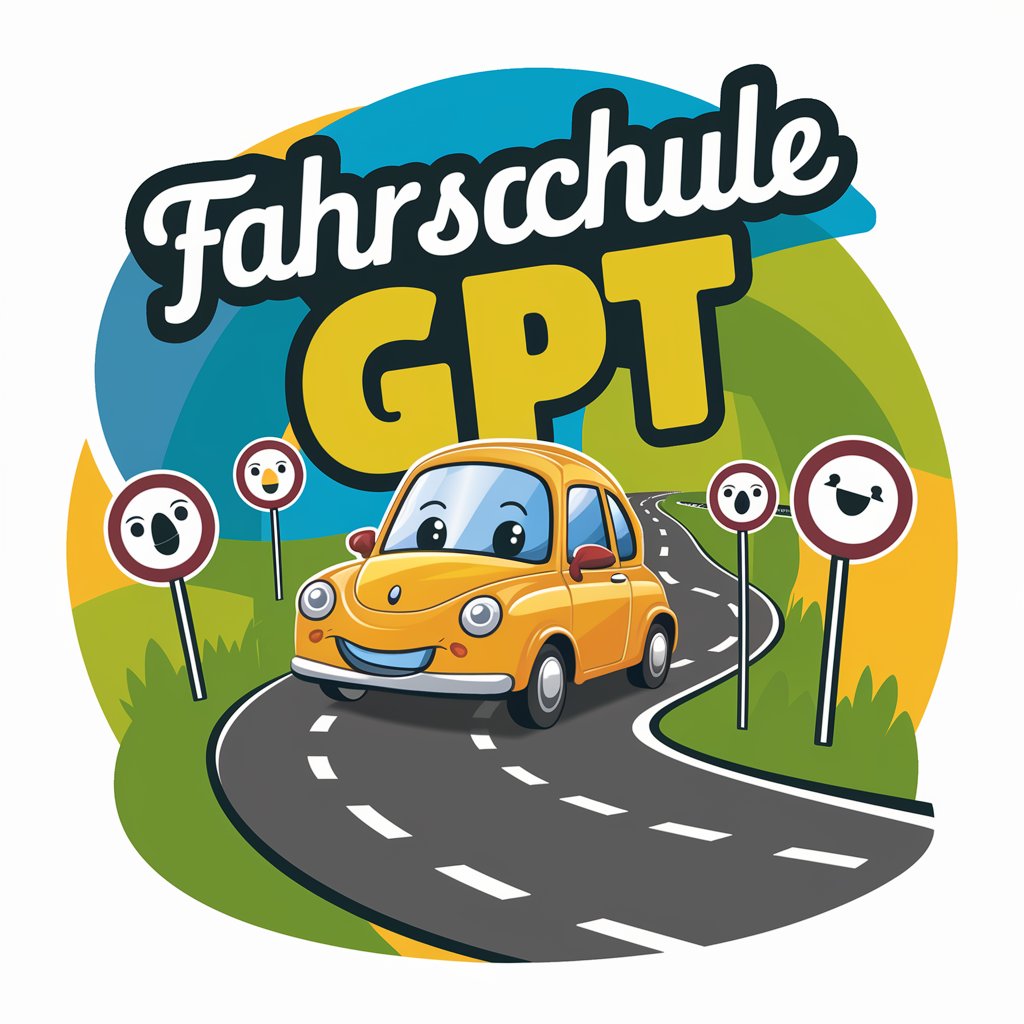
Fahrschule AI mit interaktiver Testsimulation
Master Driving Theory with AI-Powered Simulations
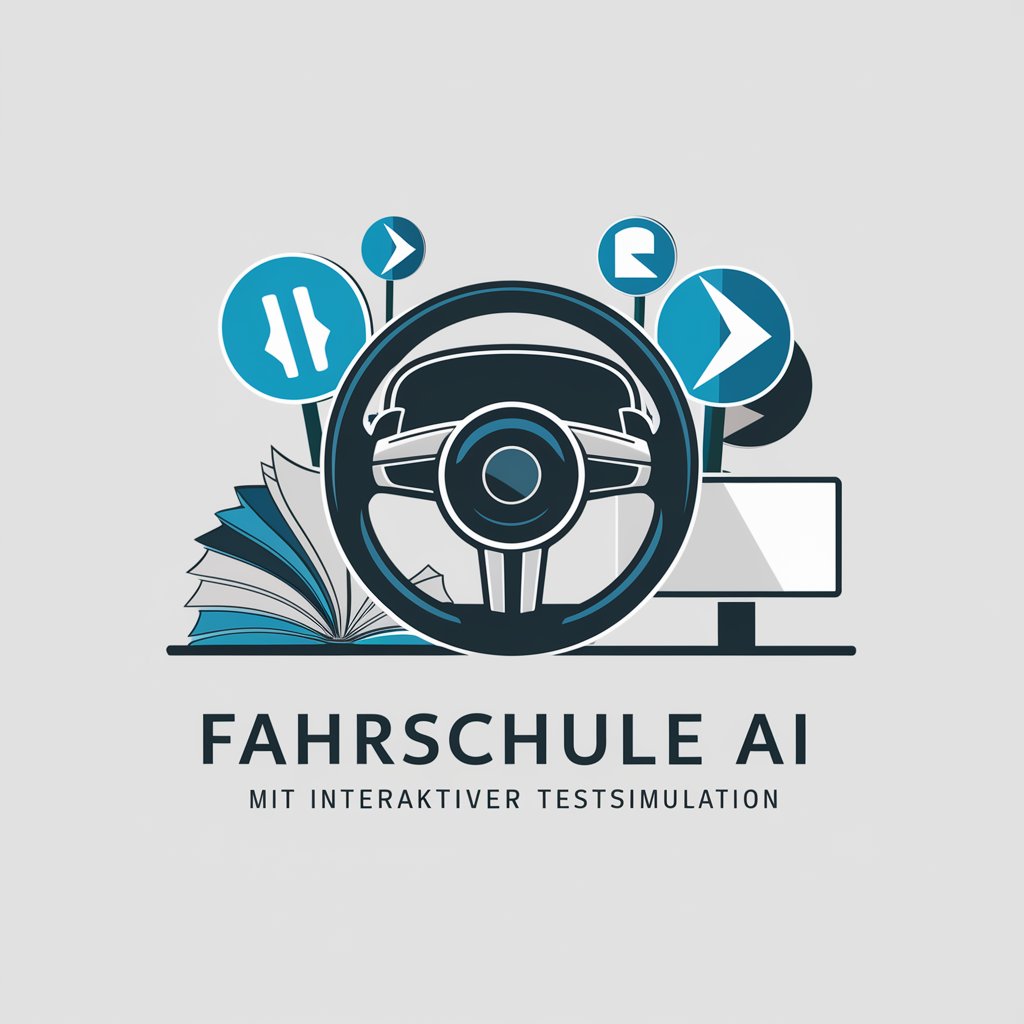
Guía de Conducción España
Empowering your driving test journey with AI.

California DMV Test Buddy
Ace Your DMV Test with AI
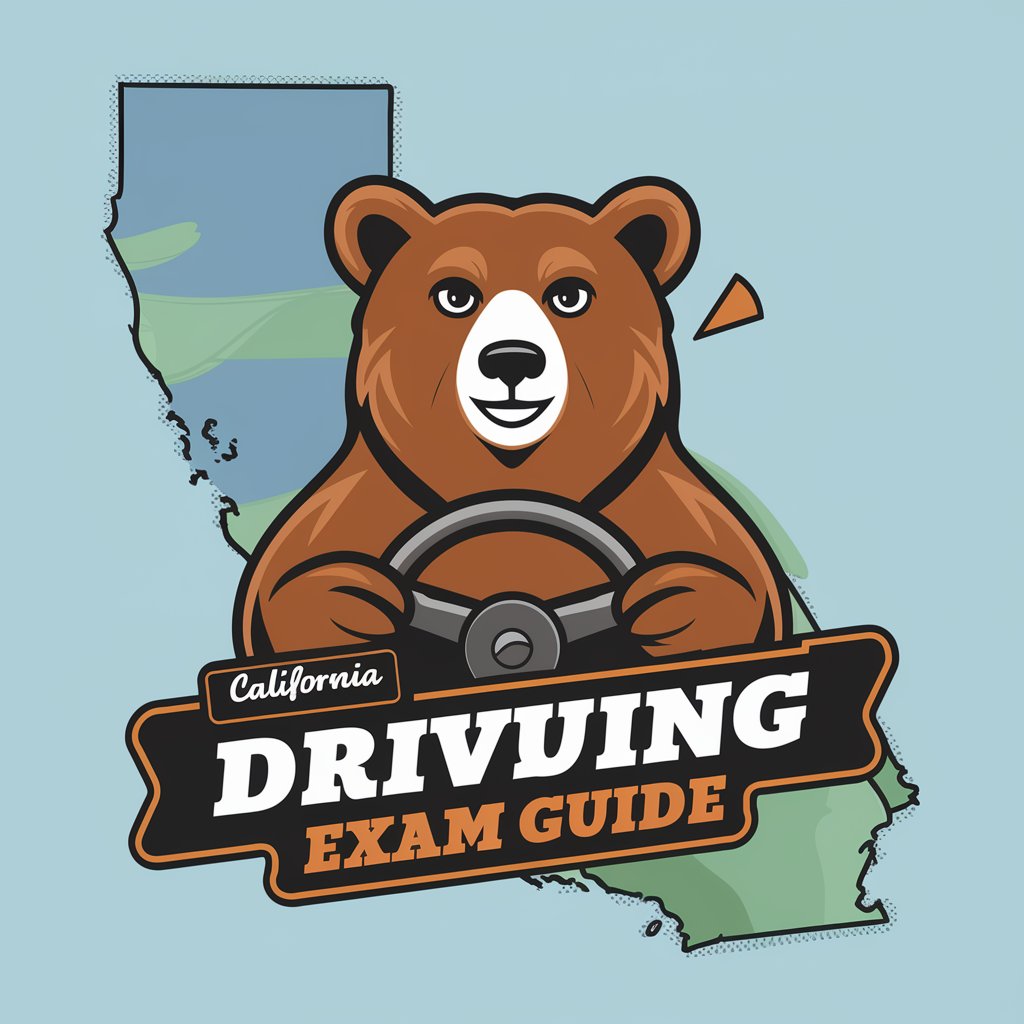
UK Theory Test Tutor
Master the UK Theory Test with AI

Raúl - Preparador de test de autoescuela
Ace your driving test with AI-powered guidance
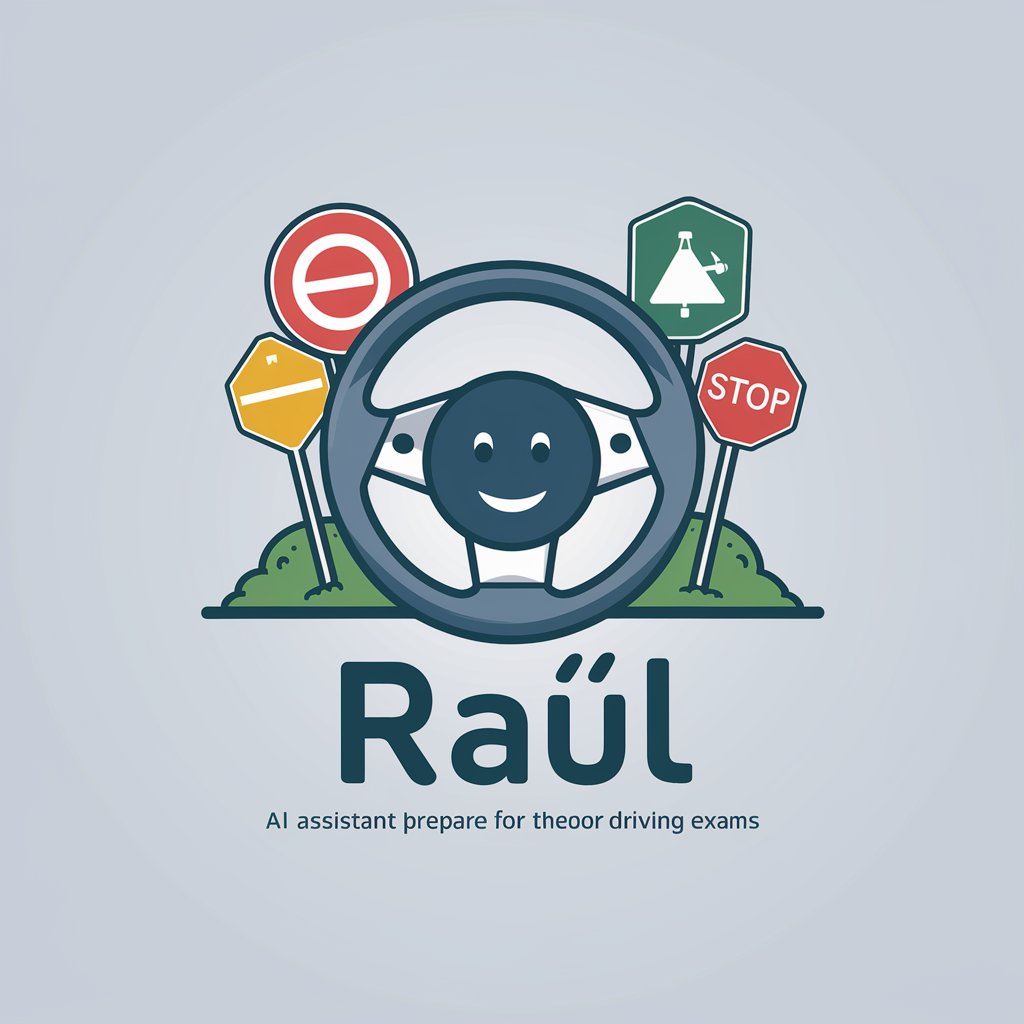
Driving Tutor
Master Driving Laws with AI
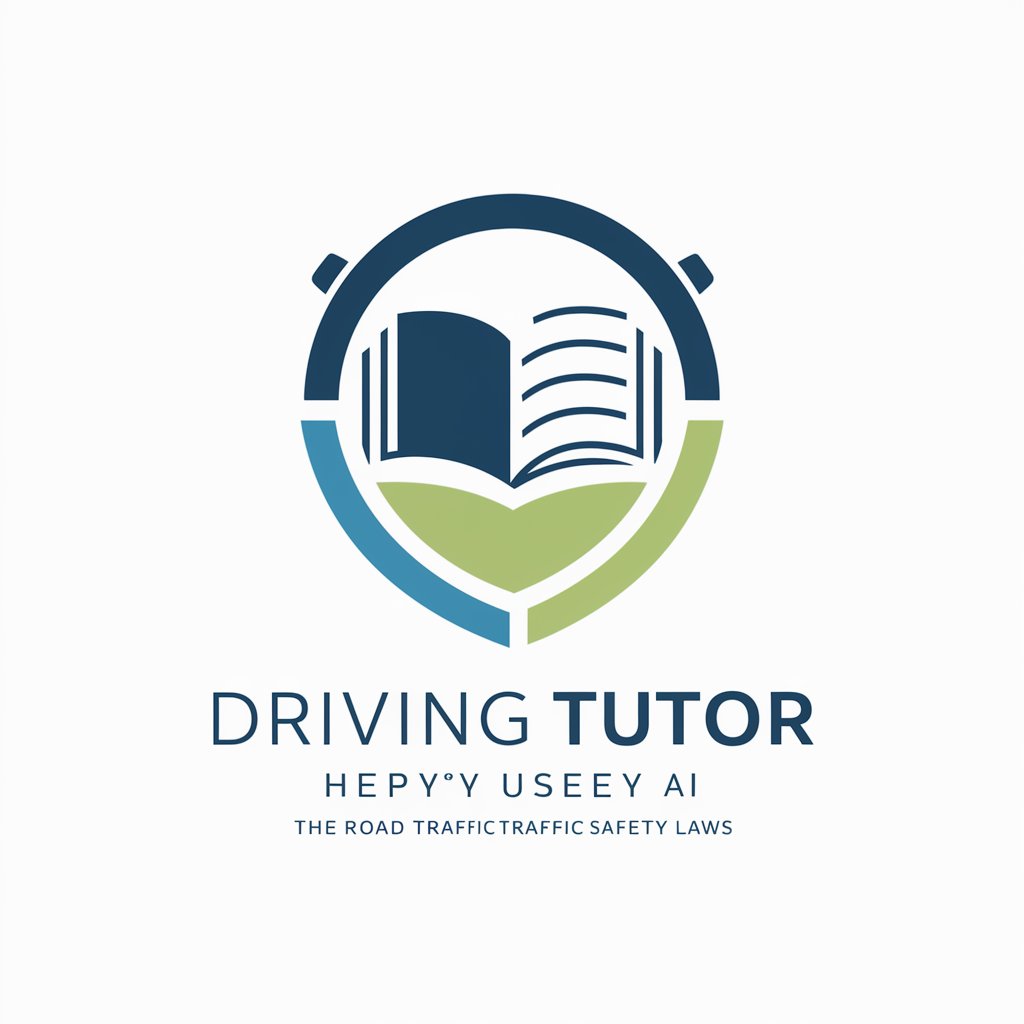
Instructor Vial
Master driving theory with AI-powered guidance
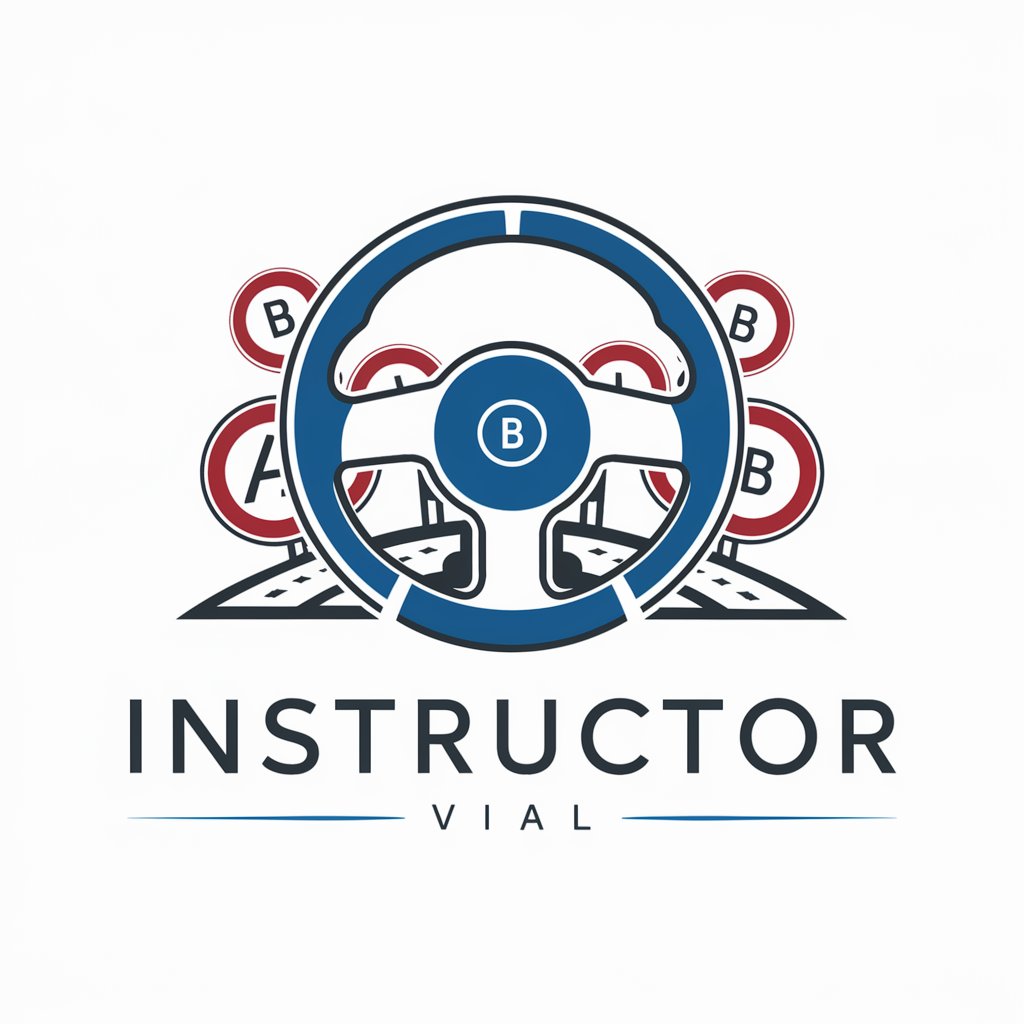
My Drive License
Ace Your Driving Test with AI-Powered Prep
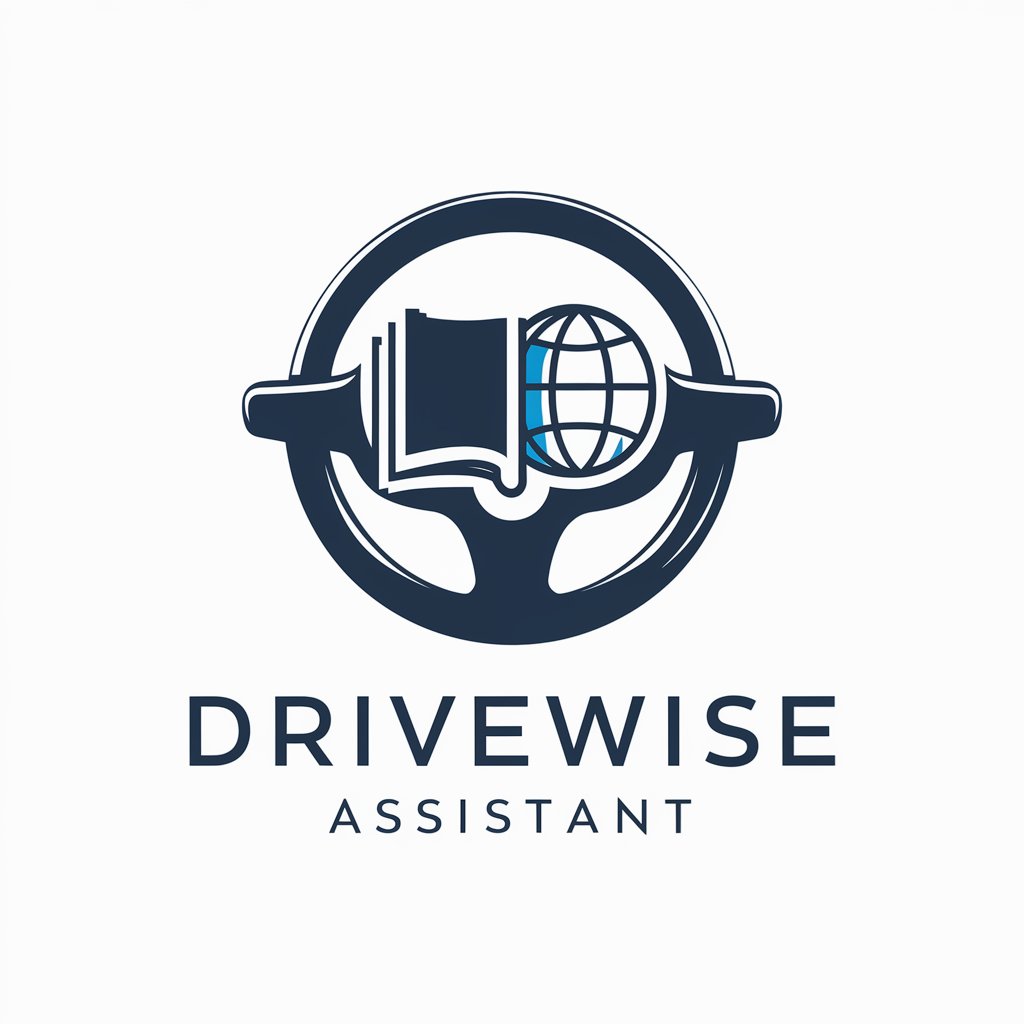
Learner's License Guide
Master Driving Theory with AI

DMV Tutor
Ace Your DMV Test with AI

Road Companion
Drive Smart with AI Guidance

Key Attributes and Functionalities
AI GPTs for Driving Theory boast a variety of unique features, including adaptability to both simple and complex driving theory tasks, language learning for multilingual support, technical assistance for in-depth explanations, and web searching capabilities for up-to-date information. Special features like image creation and data analysis enhance the learning experience by providing visual aids and personalized feedback, making these tools versatile for educational purposes.
Who Benefits from AI GPTs in Driving Theory
The primary beneficiaries of AI GPTs for Driving Theory include driving students, educators, and driving-related professionals. These tools are accessible to individuals without programming skills, offering an intuitive interface for easy learning and teaching. Additionally, developers and tech-savvy users can leverage advanced customization options to tailor the tool's functionality to specific educational needs or professional applications.
Try Our other AI GPTs tools for Free
Number Generation
Discover AI-powered GPT tools for Number Generation, offering precision in data analysis and predictive modeling for diverse applications.
Strategic Play
Unlock the power of AI in strategic planning with GPTs for Strategic Play. Tailored for various levels of expertise, these tools offer cutting-edge solutions for informed decision-making.
Responsible Gaming
Discover AI GPTs for Responsible Gaming: Tailored AI solutions fostering safe and ethical gaming practices through advanced natural language processing and machine learning.
Outcome Analysis
Explore AI GPTs for Outcome Analysis: cutting-edge tools designed for predictive insights and decision-making across various sectors. Tailored for both novices and professionals, these AI models transform data into strategic forecasts.
Learning Path
Discover how AI GPTs revolutionize learning paths with personalized, interactive educational tools designed for learners and educators alike.
Practical Examples
Discover how AI GPTs for Practical Examples can transform your tasks and projects with advanced AI solutions tailored to real-world applications.
Expanding Horizons with AI GPTs
AI GPTs function as highly adaptable and customized solutions across different sectors, with a special emphasis on driving theory. They offer user-friendly interfaces and can be seamlessly integrated with existing systems or workflows, enhancing the effectiveness of educational content and making learning more engaging.
Frequently Asked Questions
What exactly are AI GPTs for Driving Theory?
AI GPTs for Driving Theory are AI-driven platforms designed to support learning and teaching driving theory through interactive content, tailored responses, and updated information.
Can AI GPTs help with driving test preparation?
Yes, these tools are specifically designed to aid in driving test preparation by providing comprehensive study materials, practice questions, and simulations based on real-world scenarios.
Are there multilingual support options available?
Yes, one of the core features includes language learning capabilities, offering support in multiple languages to accommodate a diverse user base.
How can novices benefit from using AI GPTs in Driving Theory?
Novices can benefit through interactive learning modules, easy-to-understand explanations, and personalized feedback to improve their understanding and retention of driving theory concepts.
Can these tools integrate with existing educational platforms?
Yes, AI GPTs for Driving Theory can be integrated with existing educational platforms, enhancing the learning experience with their advanced capabilities and tailored content.
Do I need coding skills to use AI GPTs for Driving Theory?
No, these tools are designed to be user-friendly for individuals without coding skills, with intuitive interfaces and easy navigation.
How do AI GPTs stay updated with the latest driving rules?
AI GPTs leverage web searching capabilities and continuous learning algorithms to stay updated with the latest driving rules and regulations.
Can professionals use AI GPTs for advanced driving theory applications?
Yes, professionals can utilize these tools for advanced applications, including research, development of training programs, and analytics, by leveraging the tools' data analysis and customization capabilities.